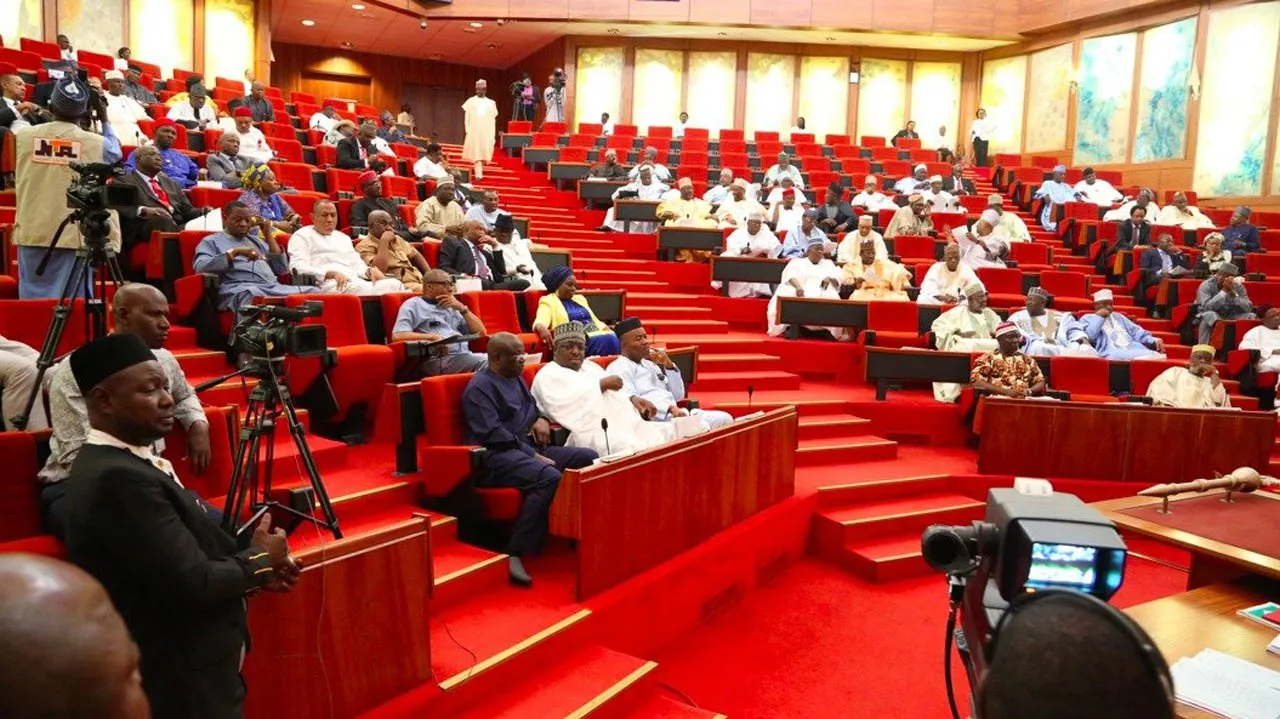The House of Representatives has taken a significant step forward in improving healthcare in Nigeria by approving a bill that seeks to amend the National Eye Centre Act of 2004. This amendment is aimed at the establishment of additional specialist eye care centers across the country to address the growing demand for accessible and quality eye care services.
The bill, which was sponsored by the Deputy Speaker Benjamin Kalu and six other lawmakers, proposes the creation of five new specialist eye care centers strategically located in the remaining five geopolitical zones. This initiative is designed to complement the existing National Eye Centre in Kaduna, which currently serves the North Central zone.
Reports indicate that this legislative move coincides with ongoing debates in the Senate over President Bola Ahmed Tinubu’s Tax Reform Bills, drawing attention to critical issues in healthcare and economic reform. During the plenary session on Wednesday, Kalu passionately advocated for the bill, outlining its purpose and the urgency of addressing disparities in access to eye care services across Nigeria.
Speaking on the general principles of the National Eye Centre Act amendment, Kalu highlighted that the proposed legislation seeks to expand access to specialized healthcare for millions of Nigerians, particularly those in underserved regions. He pointed out that the country’s growing population and the increasing prevalence of eye-related diseases make this amendment a necessary intervention.

Kalu stated, “As we are all aware, access to quality healthcare services, especially in specialised areas like eye care, is crucial for the well-being of our citizens. The statistics reveal that preventable and treatable eye conditions are a leading cause of disability in Nigeria, with cataracts, glaucoma, and refractive errors remaining prevalent in many parts of the country, especially in the rural areas where access to specialised care is limited.
“Unfortunately, the existing National Eye Centre in Kaduna, though commendable in its efforts, is unable to adequately meet the eye care needs of our vast and diverse nation. This inadequacy has led to disparities in access to eye care services, particularly for those in remote or underserved areas.
“The proposed amendments, thus, aim to rectify this situation by expanding the establishment of National Eye Centres to strategic locations across the six geopolitical zones of the country. By doing so, we aim to provide a framework that will enhance and improve access to quality eye care, ensuring that no Nigerian is left behind due to geographical barriers.
“We hope to ensure that every Nigerian, regardless of location, can access quality eye care services. This is not just a matter of healthcare; it is a matter of equity and social justice.”
He further elaborated on the bill’s key provisions, which include the creation of five additional Specialist Eye Care Centres in the five geopolitical zones not originally covered by the principal legislation. He emphasized that this move is essential for addressing the inequities in eye healthcare and for ensuring that every Nigerian has the opportunity to access life-changing medical interventions.
“This bill, which seeks to enhance and improve access to quality eye care in Nigeria, has the following key provisions:
“The creation of 5 additional Specialist Eye Care Centres spread across the remaining 5 geopolitical zones of Nigeria not originally covered by the principal legislation, which only provided for an Eye Care Centre in Kaduna, North West Nigeria,” Kalu concluded.
This amendment is seen as a critical development in Nigeria’s healthcare landscape, promising to bring specialized medical care closer to the people who need it most, and ensuring that the vision health of Nigerians is prioritized for years to come.

